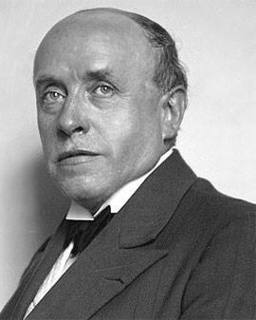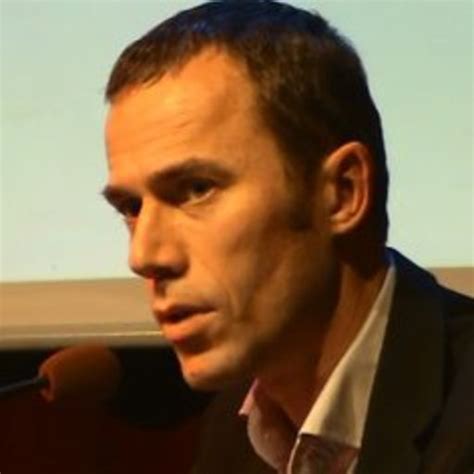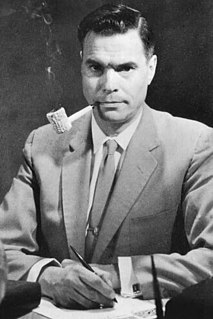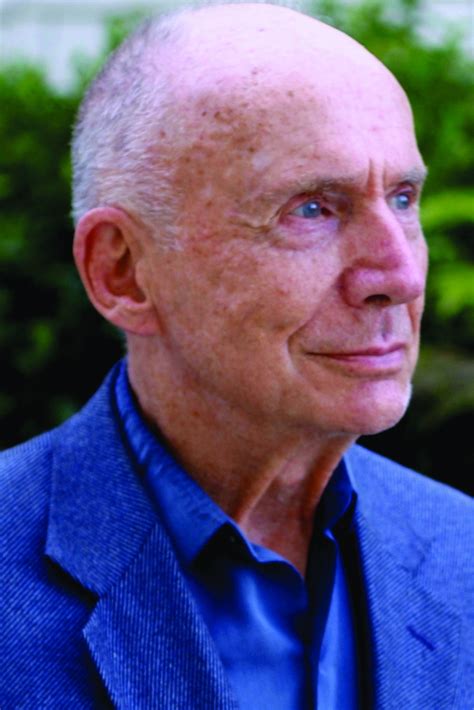A Quote by Rudolf Steiner
We differ from one another in our individual gifts which, however, belong to our inner nature.
Related Quotes
Every person in the world is by nature a slave to sin. The world, by nature, is held in sin's grip. What a shock to our complacency- that everything of us by nature belongs to sin. Our silences belong to sin, our omissions belong to sin, our talents belong to sin, our actions belong to sin. Every facet of our personalities belong to sin; it own us and dominates us. We are its servants.
Our inner strengths, experiences, and truths cannot be lost, destroyed, or taken away. Every person has an inborn worth and can contribute to the human community. We all can treat one another with dignity and respect, provide opportunities to grow toward our fullest lives and help one another discover and develop our unique gifts. We each deserve this and we all can extend it to others.
We are separated from one another by an unbridgeable gulf of otherness and strangeness which resists all our attempts to overcome it by means of natural association or emotional or spiritual union. There is no way from one person to another. However loving and sympathetic we try to be, however sound our psychology however frank and open our behaviour we cannot penetrate the incognito of the other man, for there are no direct relationships, not even between soul and soul. Christ stands between us, and we can only get into touch with our neighbors through Him.
We are more inclined to hate one another for points on which we differ, than to love one another for points on which we agree. The reason perhaps is this: when we find others that agree with us, we seldom trouble ourselves to confirm that agreement; but when we chance on those who differ from us, we are zealous both to convince and to convert them. Our pride is hurt by the failure, and disappointed pride engenders hatred.
There is, however, in art another kind of external similarity which is founded on a fundamental truth. When there is a similarity of inner tendency in the whole moral and spiritual atmosphere, a similarity of ideals, at first closely pursued but later lost to sight, a similarity in the inner feeling of any one period to that of another, the logical result will be a revival of the external forms which served to express those inner feelings in an earlier age.
Even in a jungle, lovely flowers will spring up here and there, such being the fecundity of nature, and however badly our pastors and masters run our society, however much they pull to pieces that which they claim to be keeping intact, nature remains fecund, human beings are born with human traits, sometimes human strength outweighs human weakness, and human grace shows itself amid human ugliness. ‘In the bloodiest times,’ as our play has it, ‘there are kind people.’
Mystical experience of nature can be of particular relevance to our troubled age, bringing deeper into our consciousness and emotions the logic that nature sustains humanity as humanity must, in turn, sustain nature. Rationality alone, however, cannot be our guide in the task of restoring our environment. A spiritual connection to nature must inspire the emotional commitment that is the yin, complementing the yang of intellectual understanding.
Every person must live the inner life in one form or another. Consciously or unconsciously, voluntarily or involuntarily, the inner world will claim us and exact its dues. If we go to that realm consciously, it is by our inner work: our prayers, meditations, dream work, ceremonies, and Active Imagination. If we try to ignore the inner world, as most of us do, the unconscious will find its way into our lives through pathology: our psychosomatic symptoms, compulsions, depressions, and neuroses.
It is not true that the legislator has absolute power over our persons and property, since they pre-exist, and his work is only to secure them from injury. It is not true that the mission of the law is to regulate our consciences, our ideas, our will, our education, our sentiments, our works, our exchanges, our gifts, our enjoyments. Its mission is to prevent the rights of one from interfering with those of another, in any one of these things.









































